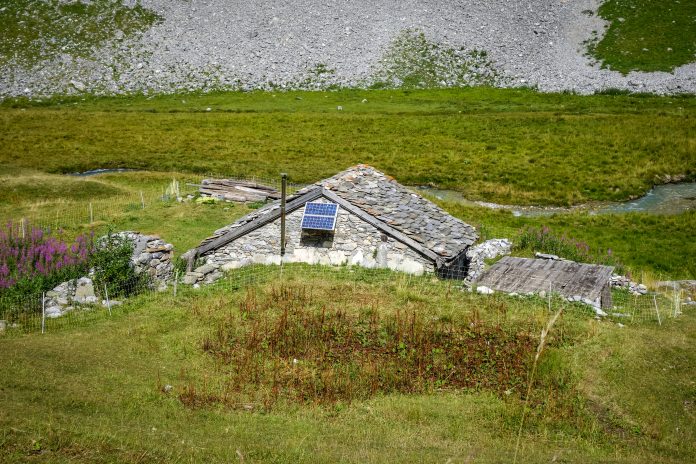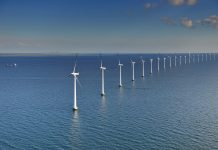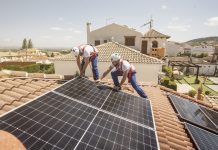The European Commission has approved a €5.7 billion aid scheme, which will create 3,700 additional megawatts of renewable electricity in France
The EU has approved a French aid scheme, to support the sustainable creation of renewable energy. This measure is intended to create 3,700 additional megawatts, which will come from small solar installations on buildings.
The EU promises this money will not imbalance competition
The money has been released in order to help France achieve its 2030 target of producing 33% of its energy needs renewably, which feeds into the larger commitments made by the EU for carbon-neutral functioning by 2050.
Executive Vice-President Margrethe Vestager, in charge of competition policy, said: “The measure, which will support production of renewable energy from small solar installations, complements another €30.5 billion French scheme to support production of electricity from renewable energy sources that the Commission has approved last month.”
The EU is careful to emphasise that this aid money will not “distort competition” and will fall in line with the European Green Deal. The G7 meeting earlier this year saw the EU re-commit to 2050 neutrality goals, with no new proposals.
Vice-President Vestager, in charge of competition policy, further commented: “It will further stimulate the development of renewable energy sources, while ensuring a level playing field in the French energy market.”
95% of renewable energy in world’s richest countries
According to a new study, if greenhouse gas emissions do not peak in 2050, they will peak in 2100. If emissions really do peak at the end of the century, then 95% of ocean climates will be irreparably destroyed – leading to many communities across the globe experiencing forms of food insecurity.
The UN’s IPCC report highlighted with urgency the need to move quickly on zero-carbon policies. Renewable electricity in France is an essential move, but some countries in the Global South are at risk of being locked out of the migration to sustainability.
Currently, 95% of the world’s renewable energy capacity is located in the richest countries.
Laima Eicke, researcher on the study, said: “Late decarbonizers, by contrast, face significantly higher transformation risks over the coming ten years, including potentially lower industrial competitiveness and a higher risk of economic instability.”











